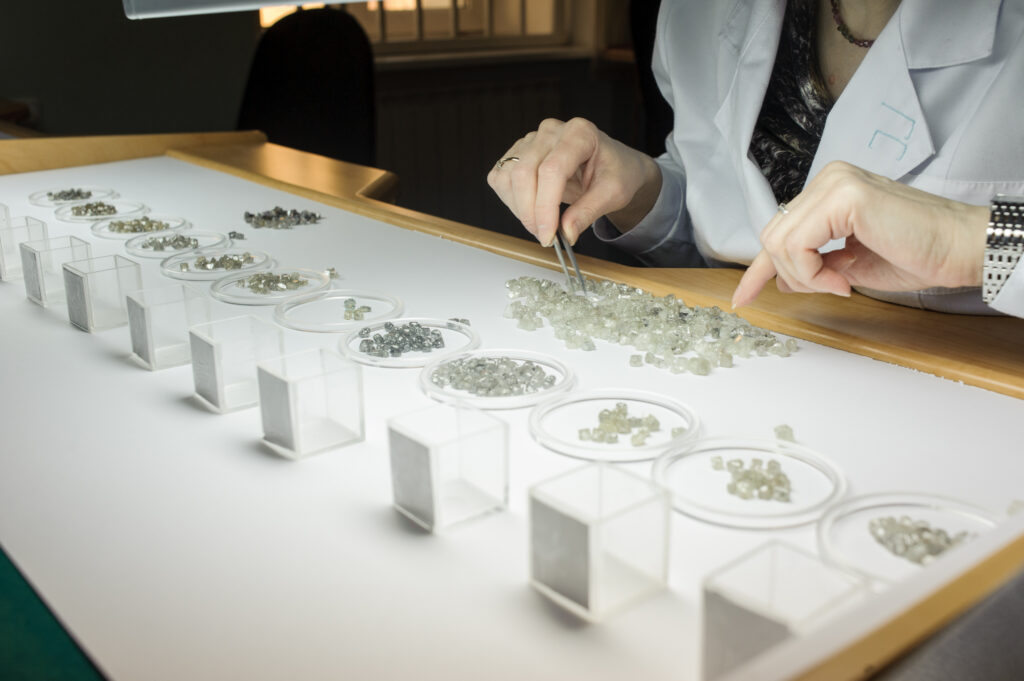Getting a diamond dealer license involves navigating specific regulations and procedures, and the process can vary depending on your location. Here’s a general guide to point you in the right direction:
1. Identify your location:
The first step is understanding the specific laws and regulations governing diamond dealing in your country or state. Each jurisdiction has its own set of requirements, so knowing your local landscape is crucial.
2. Research license types:
Different types of diamond dealer licenses might exist, based on your intended activities. Familiarize yourself with the available options in your area, such as:
- Rough diamond dealer license: Permits buying and selling uncut diamonds.
- Polished diamond dealer license: Permits buying and selling cut and polished diamonds.
- Jeweller’s permit: Allows manufacturing and selling diamond jewelry.
3. Meet eligibility criteria:
Most authorities set criteria for obtaining a diamond dealer license. These may include:
- Age: Minimum age requirement (often 18 or 21).
- Citizenship: Residency or citizenship requirements might apply.
- Criminal background check: Clean criminal record necessary.
- Good character: Demonstrating ethical conduct and financial stability.
- Technical knowledge: Understanding diamond grading and evaluation might be required.
4. Comply with regulations:
Thorough understanding and compliance with local regulations are essential. This may involve:
- Know-Your-Customer (KYC) and Anti-Money Laundering (AML) procedures: Verify customer identities and implement measures to prevent illegal activities.
- Recordkeeping and reporting: Maintain accurate records of transactions and report them to the relevant authorities.
- Security measures: Implement appropriate security measures to protect your premises and inventory.
- Diamond trade regulations: Adhere to international regulations like the Kimberley Process Certification Scheme.
5. Complete application process:
Once you meet the criteria and understand the regulations, gather the necessary documents and submit your application to the designated authorities. This may involve fees, interviews, and inspections.
Additional resources:
- World Diamond Council: https://www.kimberleyprocess.com/en/system/files/documents/KPCS%20Core%20Document.pdf (provides information on various diamond industry regulations)
- Gemological Institute of America (GIA): https://www.gia.edu/ (offers educational resources and certifications)
- Your local regulatory agency: Contact the agency responsible for diamond licensing in your jurisdiction for specific requirements and application procedures.
Remember, this is a general overview, and it’s best to consult with legal professionals or specialists familiar with your local regulations for accurate and detailed guidance. They can help you navigate the specific requirements and ensure a smooth licensing process.
Furthermore, consider contacting Evan Roberts for assistance. He offers expertise in obtaining various precious metals licenses in South Africa, including diamond dealer licenses. Their website provides more information and contact details.
